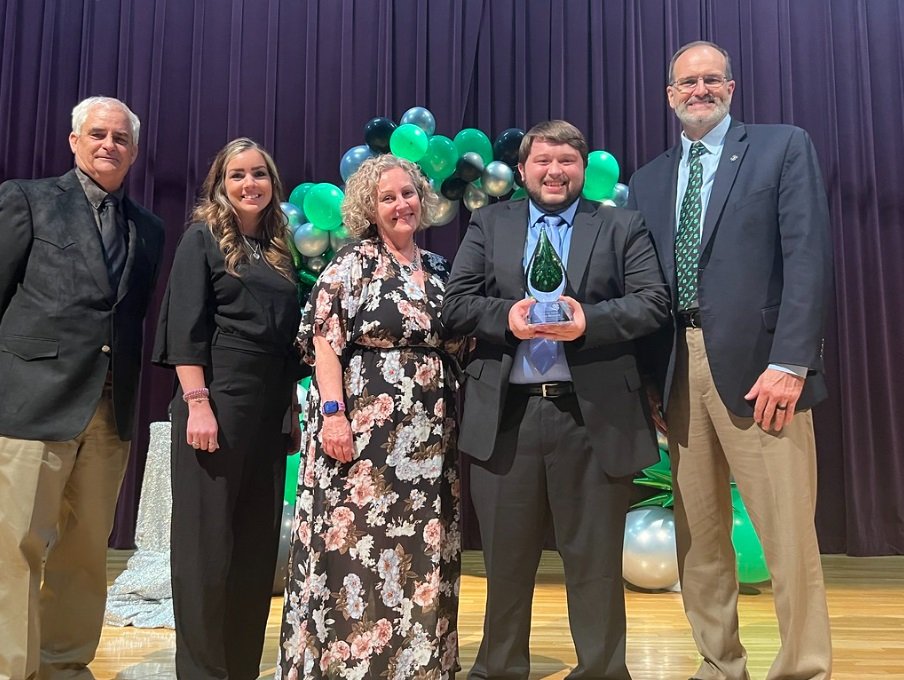By Tracy Courage
U of A System Division of Agriculture
BISMARCK, Ark. — With more than half of Arkansas covered in forests, a lot depends on how well those woodlands are managed. Air and water quality, wildlife habitat and jobs that sustain the state’s economy are all directly affected.
FORESTS — Extension's Forestry Management Workshop on June 27 will offer best management practices for forestry landowners and professionals. (Division of Agriculture graphic)
Specialists with the University of Arkansas System Division of Agriculture will host a one-day workshop June 27 to provide the state’s forest landowners, forestry professionals and watershed resource managers with updated research on forestry management.
The workshop is set for 8 a.m.-4 p.m. at DeGray Lake Lodge and Jack Mountain wildlife management area, 20-27 State Park Entrance Road in Bismarck. The workshop is free, and people can register at https://uaex.uada.edu/forestry.
“Attendees will see active pine forest management operations from establishment to thinning to final harvest,” Kyle Cunningham, associate professor of forestry with the Division of Agriculture, said. “We will visit an active wildlife management area at the Jack Mountain wildlife management area demonstrating vegetation management for wildlife. After lunch, attendees will learn about where their water comes from and potential threats to water quality. We will also include additional pine forest management information for achieving specific management goals."
Private landowners, including farmers, ranchers, and other individuals own 69 percent of the timberland in the state. Many actively manage their woodlands. National forests account for 1 percent of the state’s forested acreage, while forest resource companies own or lease 12 percent.
Speakers include the following:
University of Arkansas System Division of Agriculture — Kyle Cunningham, associate professor of forestry, and John Pennington, water quality educator
Arkansas Department of Agriculture Forestry Division — Michael Miller
Ross Foundation — Mark Karnes, director of operations, and Eric Rhodes, forester
Arkansas Game and Fish Commission — Kevin Woods
Army Corps of Engineers, Ouachita Office— Shannon Herrin, project forester
Schedule
8 a.m. — Meet in DeGray Lake Lodge parking lot
8:30 a.m. — Depart for Jack Mountain WMA for tours
11:45 a.m. — Return to DeGray Lodge for lunch
12:45 p.m. — Forest management for health and productivity (indoors)
Water sources and threats in the DeGray area
Forestry best management practices
Getting the most from your pine forest: invasive species, carbon programs and more
This workshop is part of the Productive Forests Protecting Water series, sponsored by the Division’s Arkansas Forest Resource Center and the Ross Foundation in collaboration with the Arkansas Department of Agriculture, the Arkansas Forestry Association and the Natural Resources Conservation Service.
To find forestry resources, visit https://www.uaex.uada.edu/forestry
To learn about extension programs in Arkansas, contact your local Cooperative Extension Service agent or visit www.uaex.uada.edu. Follow us on Twitter and Instagram at @AR_Extension. To learn more about Division of Agriculture research, visit the Arkansas Agricultural Experiment Station website: https://aaes.uada.edu. Follow on Twitter at @ArkAgResearch. To learn more about the Division of Agriculture, visit https://uada.edu/. Follow us on Twitter at @AgInArk.






















